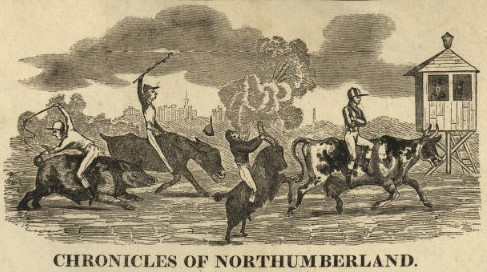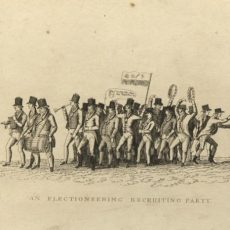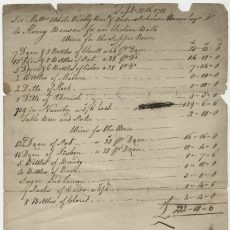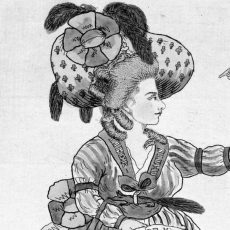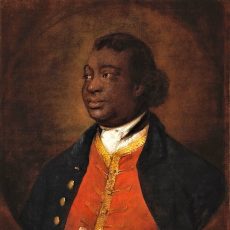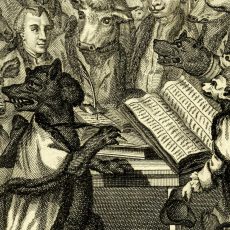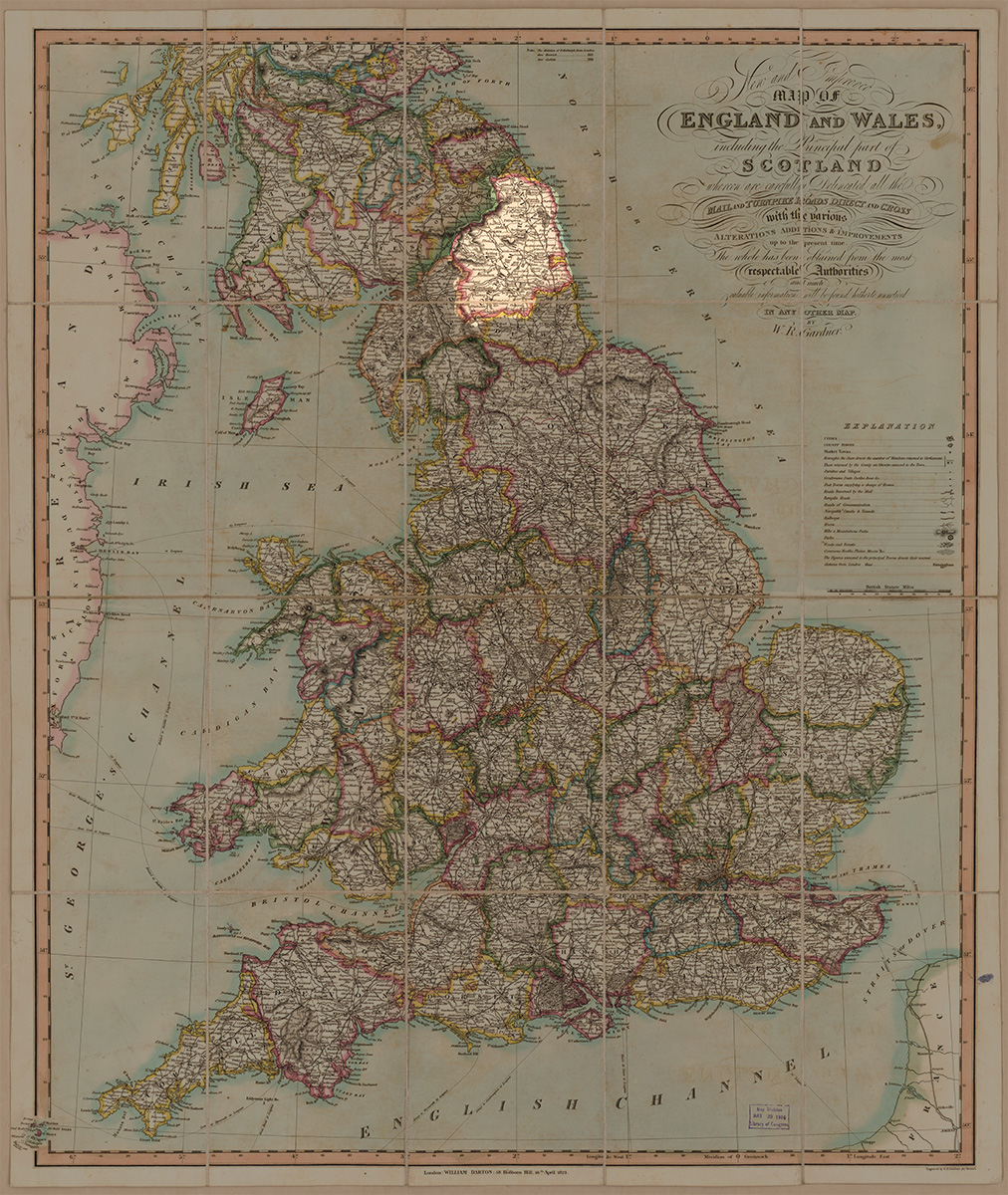
Northumberland was a large county with a relatively small electorate. About 800 voted in 1798, rising to around 2,000 by the mid eighteenth century, and 3,000 by the time of the 1832 Reform Bill. There were sizable minorities of Presbyterians and Roman Catholics among them. The constituency was largely rural, and was dominated by large land-owning families, most especially the Duke of Northumberland, whose seat was an Alnwick Castle. Electoral activity was focussed on Alnwick, although the influence of Newcastle, and its commercial interests, became increasingly prominent over the course of the century.
In the first half of the century, there were bitter struggles between Whigs and Tories. The latter were connected with Jacobitism, and their support for the unsuccessful 1715 Rebellion led to a period of Whig dominance. A closely fought and extremely expensive contest in 1734 led to a long period of compromise, during which the Duke of Northumberland nominated one member and the county’s ‘independent gentry’ the other. There were only two contested elections between then and 1826. The election of that year was one of the most notorious of the period, revolving around major national issues like Catholic Emancipation and the Corn Laws, but also personal hostilities. It was immensely expensive, involved a duel between two of the candidates, and generated a wealth of electoral artefacts and an immense quantity of electoral print.
For a digitised ‘squib book’ from the 1826 Northumberland election, click on the image below.
